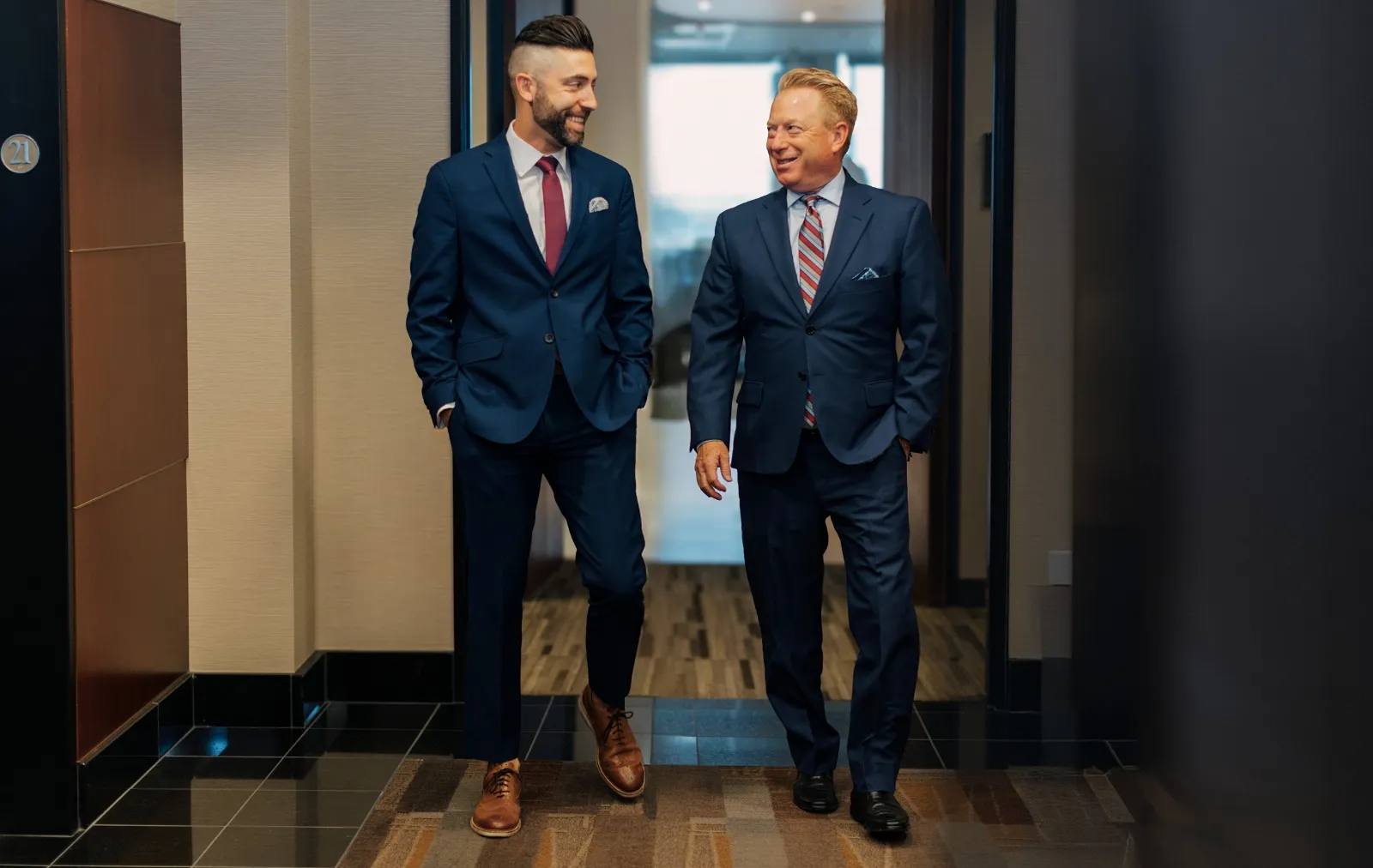In Minnesota, one of the most common causes of injuries and deaths is automobile accidents. Although Minnesota is a no-fault state, there are situations where you might need to prove that another driver is at fault for your crash to receive financial compensation. Gathering the right evidence from the beginning can help you build a stronger claim.
A Police Report
You should always report a car accident to the police in Minnesota, even if the crash appears minor. Involving the police will give you an official accident report containing facts and information about the wreck that you can deliver to a car insurance company. The police report will include the names of the parties involved, a description of the damage and injuries, and a record of whether the other driver committed a traffic violation.
Eyewitness Accounts
Eyewitnesses at the accident scene, including vehicle passengers, can have information that no one else has about how and why the car accident took place. Witnesses may have seen a driver run a red light, for example, or cut another driver off and cause a rear-end collision. Ask for the names and phone numbers of any witnesses to collect statements later.
Photos and Videos
Photographic evidence can provide an unbiased view of the accident scene, including the location of the damage to either vehicle, where the cars ended up, road and weather conditions, and the interiors of both vehicles’ cabs.
Take pictures while you are still at the crash scene. Look for potential video evidence from nearby surveillance cameras or dashcams. Photographic evidence can help investigators and crash reconstruction experts piece together how the collision occurred. It can also provide proof of physical injuries and property damage.
Proof of Losses
A successful car accident claim needs to have evidence proving the losses or damages the victim is claiming. The most important type is medical evidence. Get immediate medical care after a car accident and obtain copies of your hospital bills and records. Take pictures of your injuries as they heal and keep a journal where you document your pain and suffering.
Collect evidence of your other losses, as well. This may include employment documents and wage statements, motor vehicle repair estimates, rental car costs, and receipts for out-of-pocket expenses. Proof of your losses can provide a foundation for your insurance claim and help the insurer calculate a fair settlement.
Expert Witness Testimony
If a car accident case involves complex technical, medical or insurance issues, it can be helpful to hire relevant experts. Medical experts can testify regarding the severity of the victim’s injuries, for example, while accident reconstruction experts can re-create the car accident to determine its cause. Expert witnesses can clearly explain complicated or nuanced issues to a judge or jury.
Unique Types of Evidence
Depending on the situation, a car accident case may involve unique types of evidence, as well. A commercial truck accident may require data from the truck’s black box, for example, or documents from the trucking company. A distracted driving accident case may need cellphone records, while a drunk driving crash might rely on alcohol or drug testing evidence. An experienced car accident attorney in Minneapolis can gather and preserve all the evidence that’s critical for your individual case.




